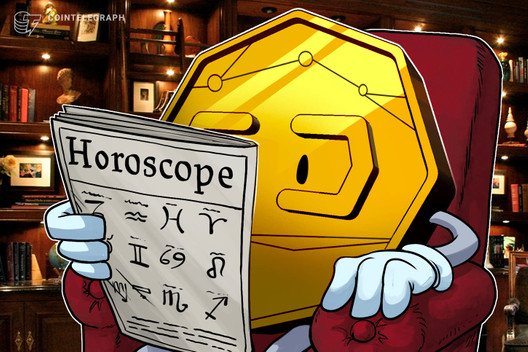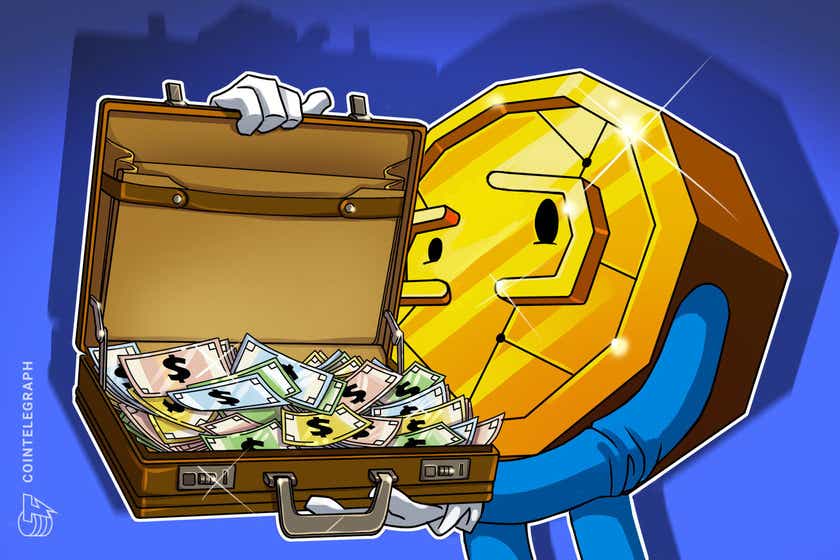YouTube releases ‘principles’ for working with music industry on AI tech
The streaming platform revealed three key principles it will abide by as it works with major figures in the music industry to better grasp AI technologies.
98 Total views
3 Total shares

YouTube released its “principles” for working with players in the music industry on artificial intelligence (AI) technology, on Aug. 21.
The CEO of YouTube, Neal Mohan, outlined in a blog post that now is a critical time to “ boldly embrace this technology with a continued commitment to responsibility.”
Mohan said he has been in close contact with partners in the music industry, including Universal Music, to create a framework with three major principles surrounding AI to work toward “common goals.”
“These three fundamental AI principles serve to enhance music’s unique creative expression while also protecting music artists and the integrity of their work.”
The principles are to embrace AI responsibly alongside partners in the music industry, including appropriate protections for artists that “unlock opportunities” for music partners and scaling content policies to meet the “challenges of AI.”
Included in its first principle, YouTube announced it will be introducing a new “Music AI Incubator” to inform its approach to working with AI. The incubator will work with “some of music’s most innovative artists, songwriters, and producers across the industry.”
This includes the composer Max Richter and singer-songwriter Rosanne Cash among others.
Mohan closed by saying he is “incredibly excited” about how AI presents opportunities to “supercharge creativity” around the world.
Related: Meta launches suite of generative AI music tools rivaling Google’s MusicLM
Although the YouTube CEO expressed excitement and praise for the emerging technology, he also expressed that he believes AI won’t be a replacement for human creativity.
“AI will never replace human creativity because it will always lack the essential spark that drives the most talented artists to do their best work, which is intention.”
In an interview with Cointelegraph, the CEO of the Grammy’s echoed this sentiment and said that there is “something about the human experience and the emotion and the heart that comes from what we do and what we contribute to the music that I don’t think can be replicated yet.”
In July, the Grammy’s clarified its rules by saying that music with AI components is eligible for an award, depending on the use of the technology and the award category for which it is nominated.
Earlier this month on Aug. 9, Universal Music Group announced that it is in talks with Google over a deal to collaborate in combating AI deep fakes.
Magazine: BitCulture: Fine art on Solana, AI music, podcast + book reviews








